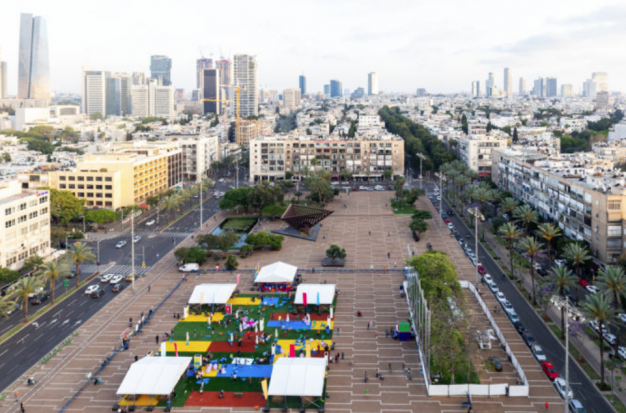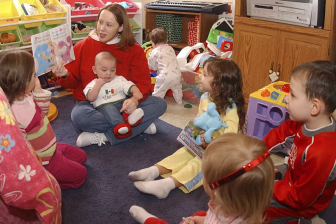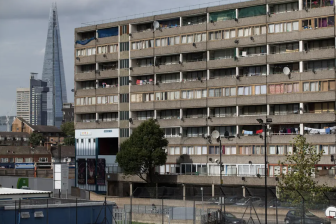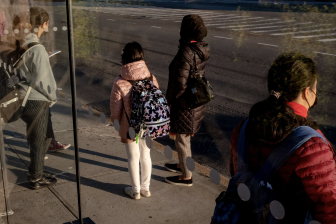
It’s back to school for mayors who want to create a child-friendly city
City mayors from around the world are going back to the (virtual) classroom to learn how to make their communities as child-friendly as they can be.
Around 100 leaders from 30 cities are the first intake of the first academic course from the Urban95 academy, a new leadership programme tailored specifically for those responsible for building child-friendly municipalities.
Mayors and other key city officials will be learning together – and from each other – to develop strategies to make their cities better for their youngest residents which, ultimately brings benefits for everyone in the city.
The Urban95 academy was co-developed by LSE Cities at the London School of Economics and the Bernard van Leer Foundation, whose pioneering Urban95 programme – which sees cities ‘through the eyes of the child’ – is already making a difference to young lives in many cities. The online course, which taught from LSE, has municipal leaders working together to come up with creative solution to urban challenges impacting children and their carers.

The programme has so far attracted interest from local authorities around the world which are looking for ways to improve their cities by focusing on the link between early childhood development and urban design, which are both central tenets of the Urban95 programme.
The course’s initial group of ‘students’ comprises teams representing these cities:
- Jundiai, Niteroi, Teresina, Benevides, Caruaru & Fortaleza (all Brazil)
- Bratislava (Slovakia)
- Cork (Ireland)
- Cuenca, Quito & Riobamba (Ecuador)
- Durres & Tirana (Albania)
- The London boroughs of Waltham Forest & Islington, and Wolverhampton (UK)
- Korle Klottey (Ghana)
- Kurakhove (Ukraine)
- Leon & Monterrey (Mexico)
- Lima (Peru); Monrovia (Liberia)
- Ramallah (Palestine)
- Samarinda (Indonesia)
- San Diego (USA)
- Tel Aviv (Israel)
- Torres Vedras, Vila Nova de Gaia (Portgual)
- Udaipur (India)
- Üsküdar (Turkey);
Course organisers say all the cities in this first cohort were ‘chosen on the strength of their applications, political commitment to the learning process and geographic diversity’.
The Urban95 Academy is an online programme lasting six weeks, and designed to help leaders re-evaluate how successful implemented policies are measured at a city level. The curriculum ‘provides tools to examine and generate data around what children and their caregivers need to thrive in cities, and to put that knowledge to use improving access to public space and services.
Students can connect and network with each other through live virtual seminars and also follow course with original content from Urban95 Academy’s interdisciplinary knowledge partners, including architects, behavioural scientists, designers and policy experts from organisations as diverse as the Clean Air Fund, The Brookings Institution, National Association of City Transport Officials, Gehl Cities for People, Arup and Princeton University.
Cecilia Vaca Jones, executive director of the Bernard van Leer Foundation, said: “We are thrilled to be embarking on a learning journey with the London School of Economics and the first cohort cities. These inspiring cities are at the forefront of creating healthy, safe and vibrant urban environments that prioritise vulnerable groups, including babies and toddlers.”

Savvas Verdis, co-director of Executive Masters in Cities at LSE Cities, said: “Participating cities are engaged and motivated and already making pioneering links between the often siloed practices of early childhood development and urban development. Despite hailing from geographically and economically diverse cities, participants are identifying commonalities in their challenges and goals around improving the lives of young children through innovative leadership and urban design.”
Click here for more information on the Urban95 Academy.




